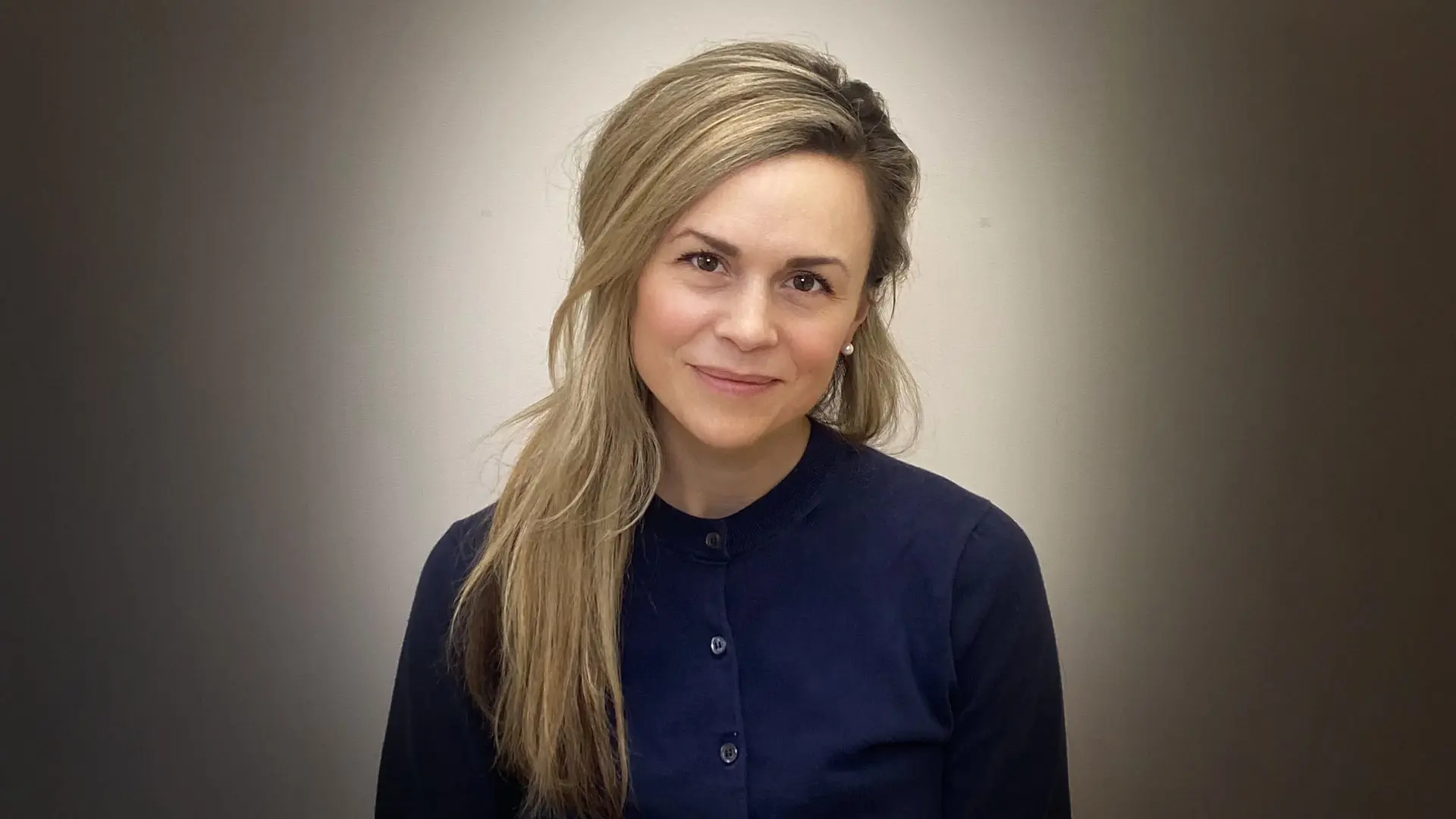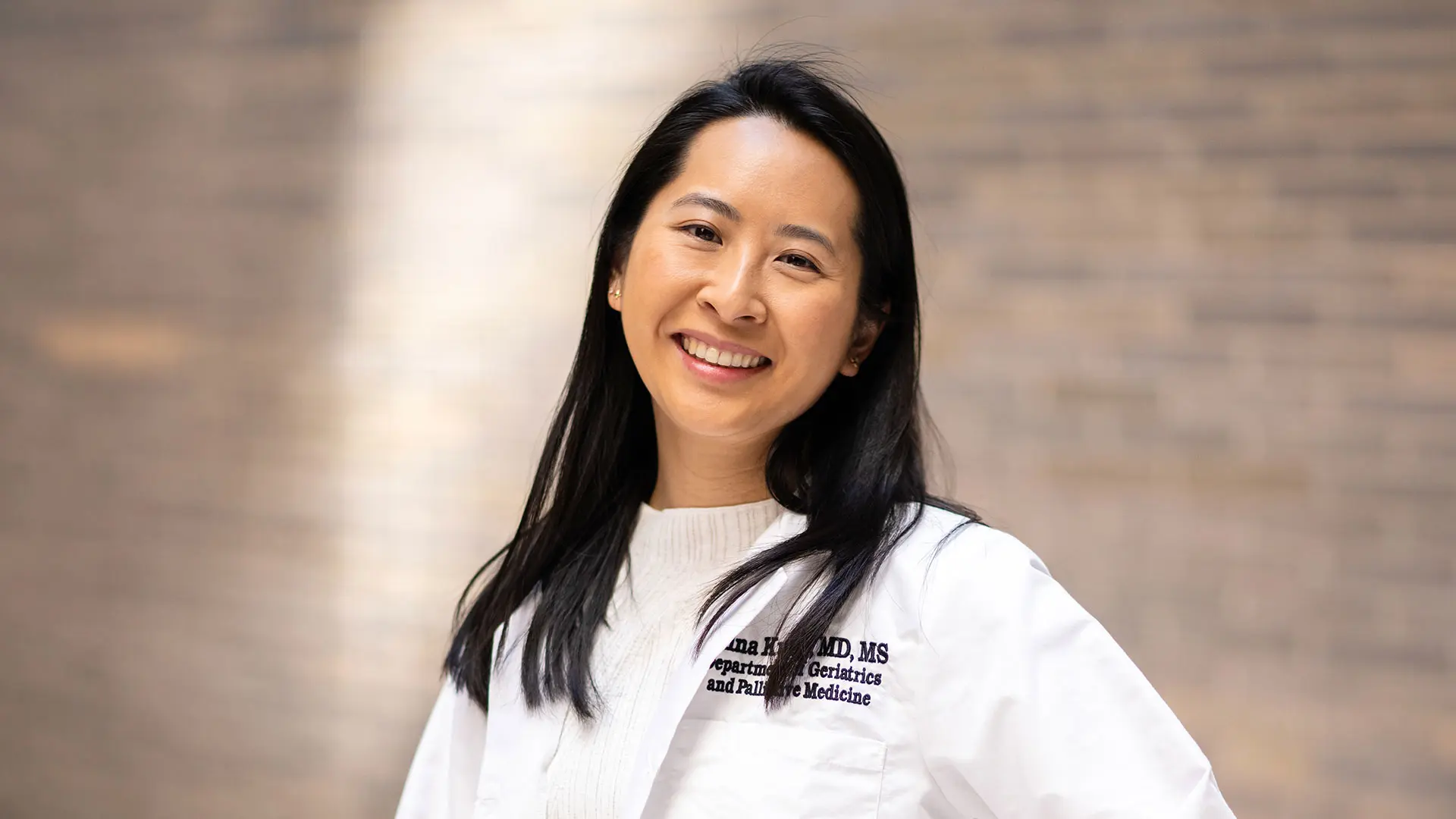The Brookdale Department of Geriatrics and Palliative Medicine has added two prominent scientists to its team of researchers. Both will continue to develop studies that address inequities in care among aging and seriously ill patients.
“Across the United States, we continue to see inequities in access to health care, which has a significant impact on quality of care, health outcomes, and economic loss,” says R. Sean Morrison, MD, the Ellen and Howard C. Katz Professor and Chair of the Brookdale Department of Geriatrics and Palliative Medicine. “We need to address these inequities and improve health outcomes for all Americans, which is why it’s so important that we invest in research. The two stellar researchers we have brought on demonstrate Mount Sinai’s commitment to equitable access to health care for all patients.”

Tessa Jones, PhD, LMSW, Assistant Professor, Brookdale Department of Geriatrics and Palliative Medicine
One of the new hires is Tessa Jones, PhD, LMSW, Assistant Professor, Geriatrics and Palliative Medicine, a research scientist with a background in palliative care social work. Her research focuses on how ownership models in home health affect health equity.
Her work is critically important as it focuses on home health care access and delivery for older adults, particularly those with dementia, according to Dr. Morrison. In her current study, Dr. Jones is merging private equity industry data with Medicare home health care agency data to better understand and map out trends in home health care ownership. This will set up future work that will examine how private equity acquisition of home health and hospice agencies may exacerbate inequities in access to services and patient outcomes.
“Medicare home health care and hospice are critical services to older adults. The majority of agencies are now for-profit with the most recent trend in for-profit ownership being private equity investment,” says Dr. Jones. “We’re trying to understand how the acquisition of home health and hospice agencies by private equity firms impacts patient care and outcomes. There is currently a lack of transparency and regulation in private equity ownership, and we hope this research will influence policy in ways that promote more equitable health outcomes. Ultimately, the goal of our research is to identify differences that we can change with policies to try to ensure that everyone has the same health opportunities.”

Alina Kung, ΜD, Assistant Professor, Brookdale Department of Geriatrics and Palliative Medicine
The other new hire is Alina Kung, ΜD, Assistant Professor and palliative care attending physician in the Brookdale Department. Her research interests include examining hospitals by patient populations according to race/ethnicity, class, and insurance; financial toxicity; differences in health outcomes; and their interconnections as they apply to older adults living with serious illness. Her research also focuses on how serious illness impoverishes older adults and how that affects care outcomes.
In a study published in January in the journal Health Services Research, Dr. Kung explores how patients are distributed unevenly among hospitals based on race and insurance.
“Anyone should be able to walk into a hospital and receive the same treatment,” she says. “But in reality, those personal characteristics and the type of insurance they have determine both hospital access and treatment received.”
She and her team studied data at more than 3,000 hospitals with more than 250 Medicare fee-for-service beneficiaries discharged per year to analyze patient compositions. They found that despite a slight decrease over time, significant unevenness persist in the populations of minority patients among hospitals.
“Our research is important because until we understand the reasons for inequitable hospital care, we won't be able to serve our Hippocratic ideal that we should do no harm to any patient who shows up at our door,” says Dr. Kung. “Once we quantify it, then we can study it with more specificity, and then we can bring it to policymakers.”
In another study, Dr. Kung examines how serious illness can impoverish older adults and how that affects their care.
“Under our current system, patients must spend down their life savings in order to qualify for Medicaid, so they have access to things such as long-term care, which they couldn’t otherwise afford,” she says. “It's really important to look more upstream at the impoverishment trajectory to find ways we can prevent this spiral.”
